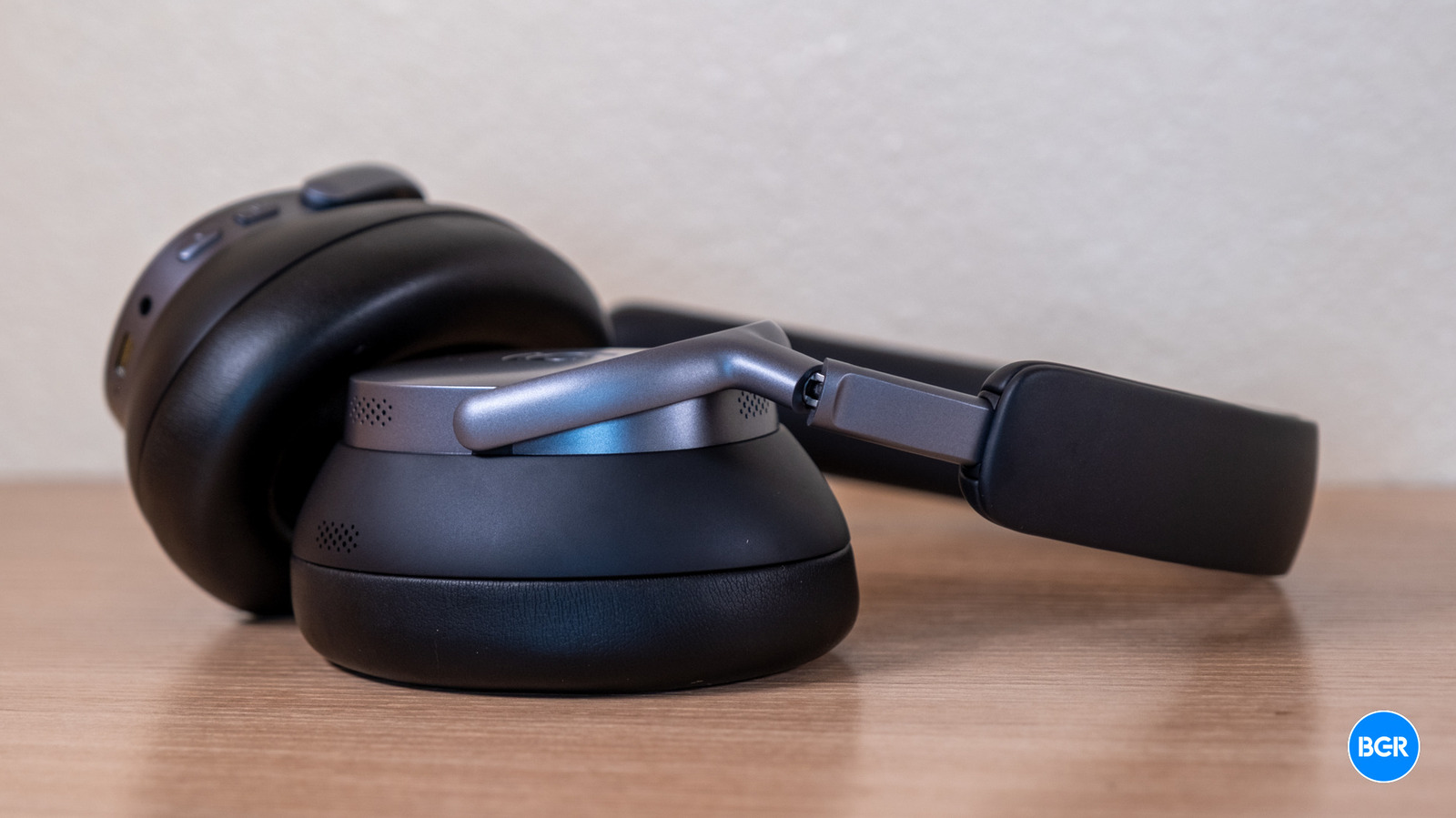Around six years ago, a new rallying cry rippled through Washington: “Break Up Big Tech.”
It was a slogan emblazoned on campaign posters, uttered at congressional hearings, and beginning, it seemed, to echo through the halls of the nation’s antitrust enforcers. Momentum in the legislatures eventually petered out, but the enforcers at the Justice Department and Federal Trade Commission remained more active than ever. President Joe Biden never took the kind of hard posture on Big Tech that political rivals like Sens. Elizabeth Warren (D-MA) or Bernie Sanders (I-VT) adopted, but nevertheless, when he became president in 2021, he tapped Lina Khan — who’d first made a name for herself as a law student laying out an antitrust case against Amazon in The Yale Law Journal — to head up the Federal Trade Commission. A slew of legal complaints against Google, Meta, Amazon, and Apple, threatening to dissolve their alleged monopolies (some first brought under Donald Trump’s administration), began to pile up.
In the last year, the US government seemed to be on something of a winning streak, clinching victories in not one, but two of its landmark antitrust cases against Google. On Tuesday, however, the Justice Department finally hit a stumbling block. Judge Amit Mehta, who a year ago forcefully proclaimed Google to be an illegal monopolist, granted only a handful of the government’s requested remedies beyond what Google itself had conceded. He rejected the DOJ’s most aggressive proposals, like forcing Google to sell its Chrome browser, and significantly narrowed others, like around the amount of data Google would have to share with rivals to help them compete.
Of the numerous tech antitrust cases that the government brought in the past few years, this is the first case to receive a ruling on remedies. It’s possible that judges in other cases will choose a harsher approach. The DOJ and Google will meet in a Virginia courtroom later this month to argue the appropriate remedies to restore competition to the ad tech market a judge found that Google also monopolizes. A breakup is still on the table there.
To prevent a breakup, a tech titan only needs the system to flinch once
Nevertheless, Mehta’s cautious approach to resolving Google’s search monopoly is good news not just for Google but for all the tech giants, and an indication of just how difficult breaking them up will be. Enforcers across administrations overcame years of stagnation to bring cases against four of the largest tech companies. Mehta’s own 2024 ruling against Google, declaring it had an illegal monopoly in search, was a historic one. But in the end, it seems, substantial change to restore competition will not be forthcoming. To prevent a breakup, a tech titan only needs the system to flinch once.
That obstacle is further complicated by the fast-moving nature of the tech industry — something that many foresaw as a likely issue, but which became a highly visible complication with the explosion in generative AI tech. Mehta pointed to the rise of the AI industry to justify backing away from some remedies he might have given more consideration to before the new technology shook it up. While acknowledging that allowing Google to keep paying for default distribution spots for its search engine “could blunt the effectiveness of the remedies imposed,” he reasoned that “allowing Google to continue making payments is more palatable now than when the liability phase concluded.” That’s largely due to the fact that well-funded generative AI startups are finally showing signs that they might disrupt the market for internet search, a field that tech insiders had previously described as the “biggest no-fly zone” in venture funding.
Mehta left the door open to revisiting some of his remedies should his measured approach fail to restore competition in online search. He said he’s “prepared to revisit a payment ban (or a lesser remedy) if competition is not substantially restored through the remedies the court does impose,” for example.
“Imposing liability in name only is pure judicial cowardice”
This is a far cry from “break ’em up,” and the politicians and advocacy groups who pushed for tech antitrust in the last decade are now slamming Mehta’s latest ruling as feckless. Open Markets Institute executive director Barry Lynn said Mehta’s ruling “lets Google and every other monopolist know that even the most egregious violation of law will be met with a slap on the wrist.” American Economic Liberties Project (AELP) executive director Nidhi Hegde said in a statement, “Imposing liability in name only is pure judicial cowardice. This ruling leaves the public unprotected, crucial and evolving markets concentrated, and worse, sends a signal that will embolden monopolists everywhere.” Lawmakers including Warren, who chanted “break ’em up” during her 2020 presidential bid, called on the DOJ to appeal.
Still, DOJ antitrust chief Gail Slater struck a victorious tone in her statement on the ruling. “The first Trump administration sued Google to restore competition for millions of Americans subjected to Google’s monopoly abuses,” she said in a statement. “Today, the second Trump administration has won a remedy to do just that.” Slater acknowledged that Mehta failed to grant all of the remedies the DOJ requested and said they would “continue to review the opinion to consider the Department’s options and next steps regarding seeking additional relief.” But her comments framed the thrust of the ruling as judicial confirmation on the “need to restore competition to the long-monopolized search market,” and proclaimed, “Under President Trump’s leadership, the Justice Department is Making America Competitive Again.”
Reactions from the tech industry and Wall Street appear to paint a different picture. Google and its allies, still miffed by the underlying ruling that deemed it a monopoly, sounded restrained in their statements. Still, Google’s stock price shot up 9 percent the day after the ruling, avoiding the worst-case scenario for the company in the eyes of its investors.
Other tech companies, like Apple and Mozilla, breathed a sigh of relief. Both will be allowed to retain their lucrative search deals with Google to keep it the default in their browsers. During the remedies trial, a Mozilla executive had warned that losing that revenue would be existential for the Firefox browser, and Apple executive Eddy Cue similarly framed the revenue hit as a pure loss for Apple that would mostly save Google money. Laura Chambers, interim CEO of the Mozilla Corporation, said in a statement that “it’s encouraging to see the Court recognize the risk of unintended consequences when trying to improve search competition — and not just for browsers like Firefox, but for the future of the open web.”
While lawyers across the tech industry digest what Mehta’s 230-page ruling would mean for their businesses, advocates are calling for the DOJ to appeal. Some are even turning back to an option that’s looked increasingly broken in recent years: Congress. “We believe Congress should now step in to swiftly make Google do the thing it fears the most: compete on a level playing field,” Gabriel Weinberg, CEO of search competitor DuckDuckGo, said in a statement. Sen. Amy Klobuchar (D-MN), who previously introduced a substantive bill to prevent tech platforms from self-preferencing their own products, used the moment to call for its revival. “Today’s ruling is a reminder of Google’s sweeping power over the online economy,” she said in a statement, “but the limited remedies ordered by the court demonstrate why we need additional rules of the road for Big Tech.”
0 Comments









